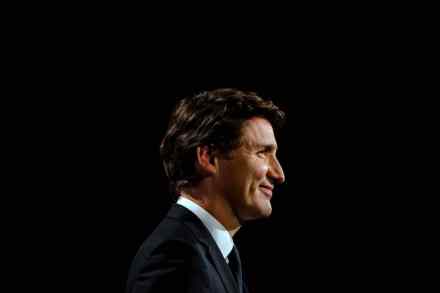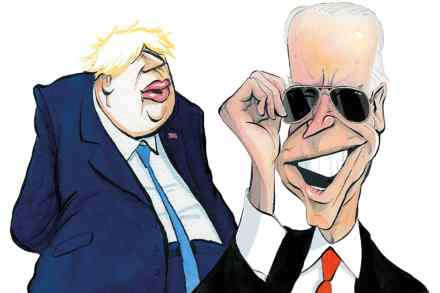Putin has created a Schrödinger’s war in Ukraine
In his famous thought experiment, Schrödinger’s cat was both dead and alive in potential, until its box was opened to find out. Likewise, it seems the much-heralded war in Ukraine is at once imminent and unthinkable, and we don’t know which. The date and indeed time of a massive invasion of Ukraine asserted with such confidence in certain newspapers seems, mercifully, to have come and gone. Vladimir Putin is saying that he wants talks to continue, and the Russian military is claiming it is moving some of its forces away from the border area. But where does that leave us? In many ways, exactly where we were before. The troop





















